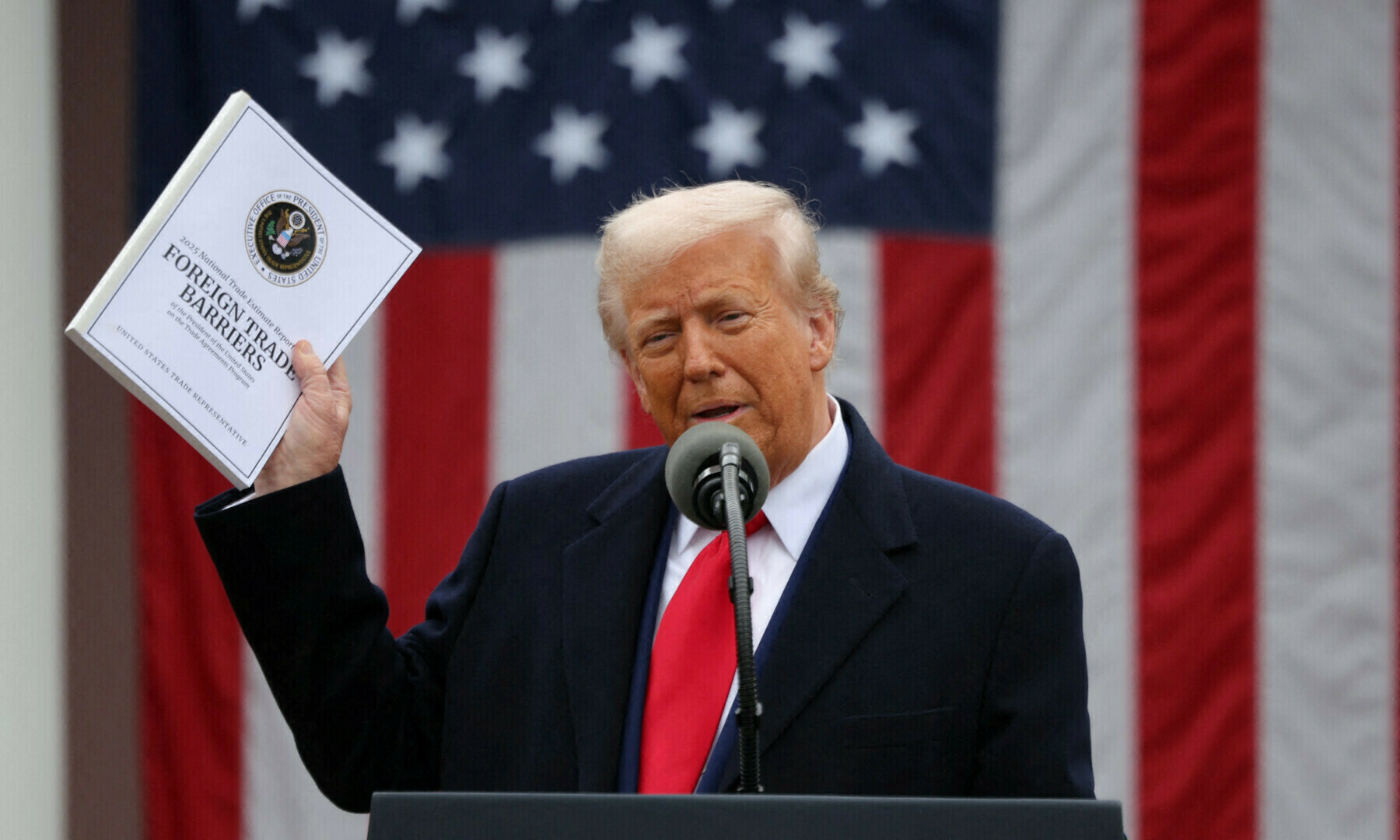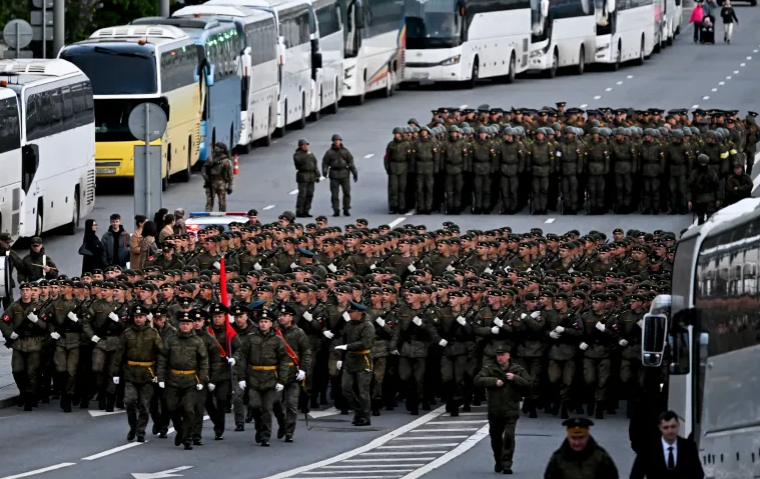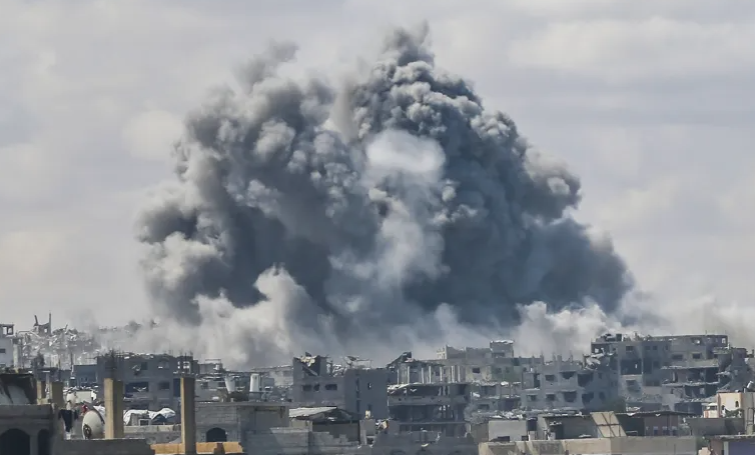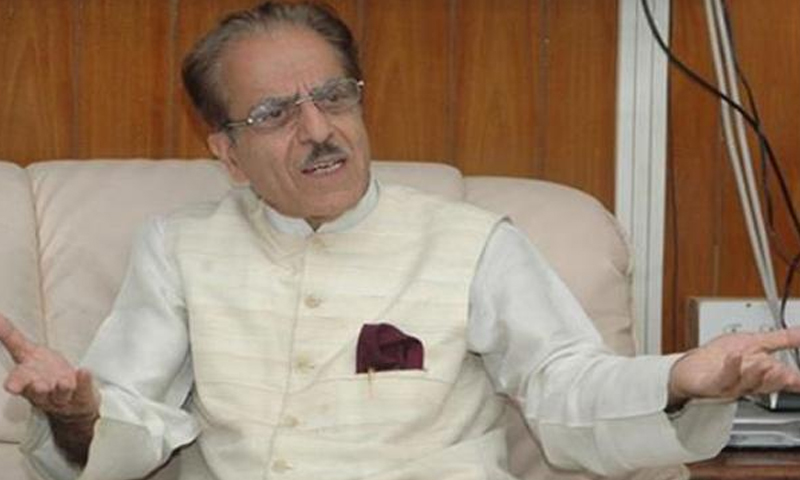WORLD NEWS
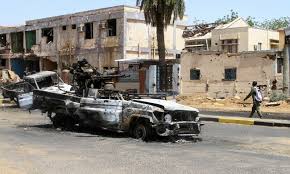
The International Court of Justice (ICJ) in The Hague will rule on Monday in the case of Sudan's accusation against the United Arab Emirates (UAE) of complicity in genocide. Sudan alleges that the UAE has been supplying weapons and logistical support to the Rapid Support Forces (RSF), a paramilitary group that has been engaged in violent clashes with the Sudanese army since 2023.
The war between Sudan’s military and the RSF, led by commanders Abdel Fattah al-Burhan and Mohamed Hamdan Daglo, has resulted in tens of thousands of deaths, mass displacement, and a humanitarian crisis. The UN has called it the world’s largest displacement and hunger crisis, with five regions of Sudan officially hit by famine.
Sudan's Case Against the UAE
Sudan’s acting justice minister Muawia Osman presented the case to the ICJ, arguing that the UAE’s alleged support for the RSF has been instrumental in the ongoing genocide in Sudan. Osman contended that the UAE has provided weapons, logistical assistance, and direct support to the RSF, which has been involved in mass killings, rapes, forced displacement, and looting. According to Osman, such actions would not have been possible without the UAE’s complicity.
In response, Reem Ketait, a senior official in the UAE foreign ministry, strongly denied the accusations, dismissing Sudan’s claims as misleading and part of a political agenda. Ketait called the case a “political theatre” and accused Sudan of misusing international platforms to attack the UAE.
Jurisdictional Challenges
While Sudan has called for the UAE to cease its alleged support for the RSF and pay reparations to the victims of the war, legal experts believe Sudan's case could face difficulties due to jurisdictional issues. When the UAE signed the UN Genocide Convention in 2005, it entered a reservation clause that limits the ability of other countries to bring disputes before the ICJ. The UAE argues that this reservation means the ICJ has no jurisdiction over Sudan’s case, urging the court to dismiss the case entirely.
Sudan, however, has countered that this reservation undermines the very purpose of the Genocide Convention, which seeks to hold countries collectively responsible for preventing and addressing acts of genocide. Sudan insists that the UAE should be held accountable for its alleged actions in fueling the ongoing conflict and genocide.
Potential Outcomes and Compliance Issues
The ICJ’s rulings are final and binding, but the court lacks the means to enforce compliance. Past rulings, such as ordering Russia to halt its invasion of Ukraine or declaring Israel’s occupation of Palestinian lands illegal, demonstrate the challenges of ensuring that countries follow through on ICJ decisions.
Sudan is seeking full reparations from the UAE, but the outcome remains uncertain due to the jurisdictional complications. Regardless of the ruling, the case highlights the ongoing geopolitical tension surrounding Sudan's brutal civil war and the international efforts to address its humanitarian consequences.
